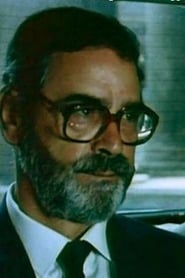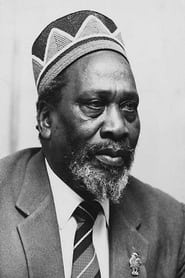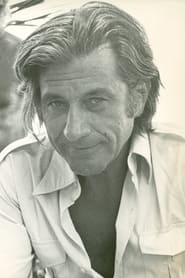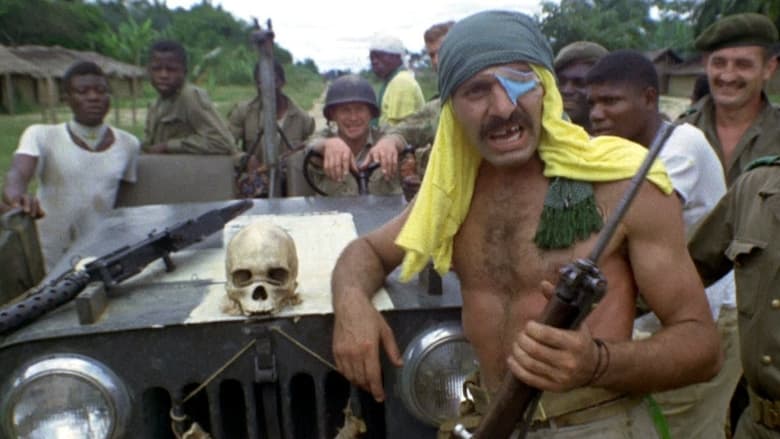
Africa Blood and Guts (1966)
2h 18m | PG-13
A chronicle of the violence that occurred in much of the African continent throughout the 1960s. As many African countries were transitioning from colonial rule to other forms of government, violent political upheavals were frequent. Revolutions in Zanzibar and Kenya in which thousands were killed are shown, the violence not only political; there is also extensive footage of hunters and poachers slaughtering different types of wild animals.
Director: Gualtiero Jacopetti
Studio: Cineriz
Genre: Documentary, History, War
Video: 720p
Cast

Sergio Rossi
as Narrator (voice)

Jomo Kenyatta
as (archive footage)

Gualtiero Jacopetti
as Himself (uncredited)

Julius Nyerere
as Himself (uncredited)

Moïse Kapenda Tshombe
as Himself (uncredited)

Richard Gordon Turnbull
as Himself (uncredited)
Reviews
AFRICA ADDIO (1966) is a difficult work to evaluate. Released at a time when most major media resources were focused on the Vietnam War, co-directors Gualtiero Jacopetti and Franco Prosperi were among a very, very small group of people documenting the unrest which accompanied the decolonization of Africa. More than 50 years after its release, this is still a brutally graphic film: human death is captured on camera, up-close and unsimulated; hippopotami and elephants are attacked with spears until they resemble living pin-cushions, only expiring after suffering prolonged and agonizing brutality; human remains litter rural fields and city streets like so much discarded waste. There are several scenes where the audio appears to be altered to present the on-screen activity in a manipulated context, which was a technique employed in both MONDO CANE (1962) and MONDO CANE 2 (1963). Charges that the filmmakers were actually complicit in staging some of the death scenes led to a court case in Italy, where they were eventually acquitted. But being critical of a mondo movie for employing deception is like being critical of a baker for employing yeast; it's one of the tools at the creators' disposal. Understanding that the mondo genre in general was more concerned with titilation and shock than in absolute narrative truth will go a long way in explaining why Jacopetti and Prosperi may have felt the need to alter already potent footage: they weren't aspiring documentarians, but rather talented grindhouse purveyors who found themselves in the right place at the right time.
Although it’s tongue is in it’s cheek for too much of this and the narrative can be all over the place at times, this is still quite an harrowing chronology of post-colonial Africa that’s occasionally quite a difficult film to watch. We start off with the departure of the British from Tanganyika and then follow just how the indigenous population attempted to build on the promise of “uhuru”. This is no easy task, as pretty swiftly tribal vendettas that had been suppressed by the limited forces of law and order gave way to those seeking revenge in as brutal a way as a camera can depict. Neither man nor beast was safe from retribution and many of the politicians who promised the earth were soon, quite literally, pushing up the daisies from six feet beneath it. The commentary itself is not particularly well informed nor consistent. It vacillates between a loathing for the European interlopers to a grudging respect for some of their administrative skills, their policing and their abilities to restrict the now largely unfettered activities of the poachers. This also doesn’t shy away from showing us the horrors - yes horrors, of the big game hunters who routinely slaughter the beasts with high powered rifles and even helicopters. As the 20th century proceeds, this continues to illustrate the evolution from the more traditional lifestyles to more modern ones that began to see some signs of emancipation for women, though by no means everywhere, and of the effects of a general increase in education in improving lives for many. It also takes a look at some of the incongruities that exist in an Africa where even third or fourth generation “white” people were considered foreigners by peoples moving south in a continent where they never really were before. It asks questions, it doesn’t really try to answer any, and it shocks. This is a troubled continent strewn with corpses, ambitious men and infinite natural resources that could corrupt even the most benign of souls and taken with the odd pinch of “sale”, is well worth a watch.
